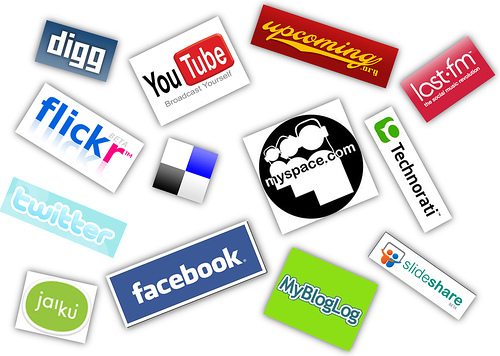The WikiLeaks episode underscores the need for laws and policies that address the unintended consequences of “technology at the intersection of national security,” the Pentagon’s lead communicator said April 17.
Assistant Secretary of Defense for Public Affairs Douglas B. Wilson told interviewer Vago Muradian on “This Week in Defense News” he’s not sure how the Defense Department might have handled the WikiLeaks situation differently.
WikiLeaks.org group posted more than 90,000 documents, many that detailed field reports from Afghanistan as well as Pakistan’s relationships with the Taliban.
“I think the most significant lesson to come out of this is that technology — and particularly technology at the intersection of national security — has outpaced the policy and the law necessary to address the unintended consequences,” Mr. Wilson said.
Mr. Wilson called WikiLeaks an example of how “arrogance and naiveté have determined and had negative consequences for national security.”
“Classified information is classified information, and releasing that information is illegal,” he said. “But I think that we have a lot to do in government to understand that we need to be focusing much more on policy and much more on the laws that we need to think about to address what have been very unintended consequences of technological advance.”
Even as social media revolutionizes information-sharing, the Defense Department’s communications strategy boils down to the responsibility of being transparent and timely without jeopardizing the safety and privacy of service members and their families, Mr. Wilson said
“The issues that we face every day at the Pentagon involve two factors,” he said. “One, how do you deal with the press and public openly, credibly, in a timely manner and honestly? How do you provide facts and the truth, by the same token understanding that we’re responsible for our men and women in uniform who are in harm’s way in many places? How do you make sure that there is not unintended consequences of information which can put them further in harm’s way and affect their safety and the privacy of their families?
“Those are the issues that frame everything that we do,” Mr. Wilson said.
These enduring principles apply regardless of the communications format, and whether it’s through traditional or evolving media, he said.
Mr. Wilson said he recognizes how the advent of social media revolutionized the way people around the world — including those in the Defense Department — communicate.
Social media “provides instantaneous, real-time ability to reach broad numbers of people and to communicate quickly and effectively,” he said. “When everybody is equipped with the social media tools, it’s a very effective means of communication.”
Mr. Wilson noted the use of social media as an organizing and messaging tool in the Middle East in recent months.
“We’ve seen that in terms of sectors of societies in the Arab world which had not had that kind of communications across those sectors before being able to mobilize very quickly,” he said.
Unlike in that past, where a finite number of elites around the world defined messages, social media provide a voice to anyone, regardless of what they have to say and whether they are friend or foe.
“You can have religious extremists from Florida to Yemen say things and do things that are going to have international impact,” Mr. Wilson said.
That makes it an imperative, he said, for communicators at the Defense Department — and across government as a whole — to be able to explain policies in ways that people find credible.
Twitter, Facebook and other social media, Mr. Wilson said, are among the many communication tools that DOD employs, including print and broadcast media, the Internet and personal communication.
Social media “is not an end in itself. It is a tool of communications,” Mr. Wilson said. “It’s a way to communicate, and you need to understand the strengths and weaknesses of each of the tools of communications in order to be effective … I don’t believe that there is any panacea in communications.”










